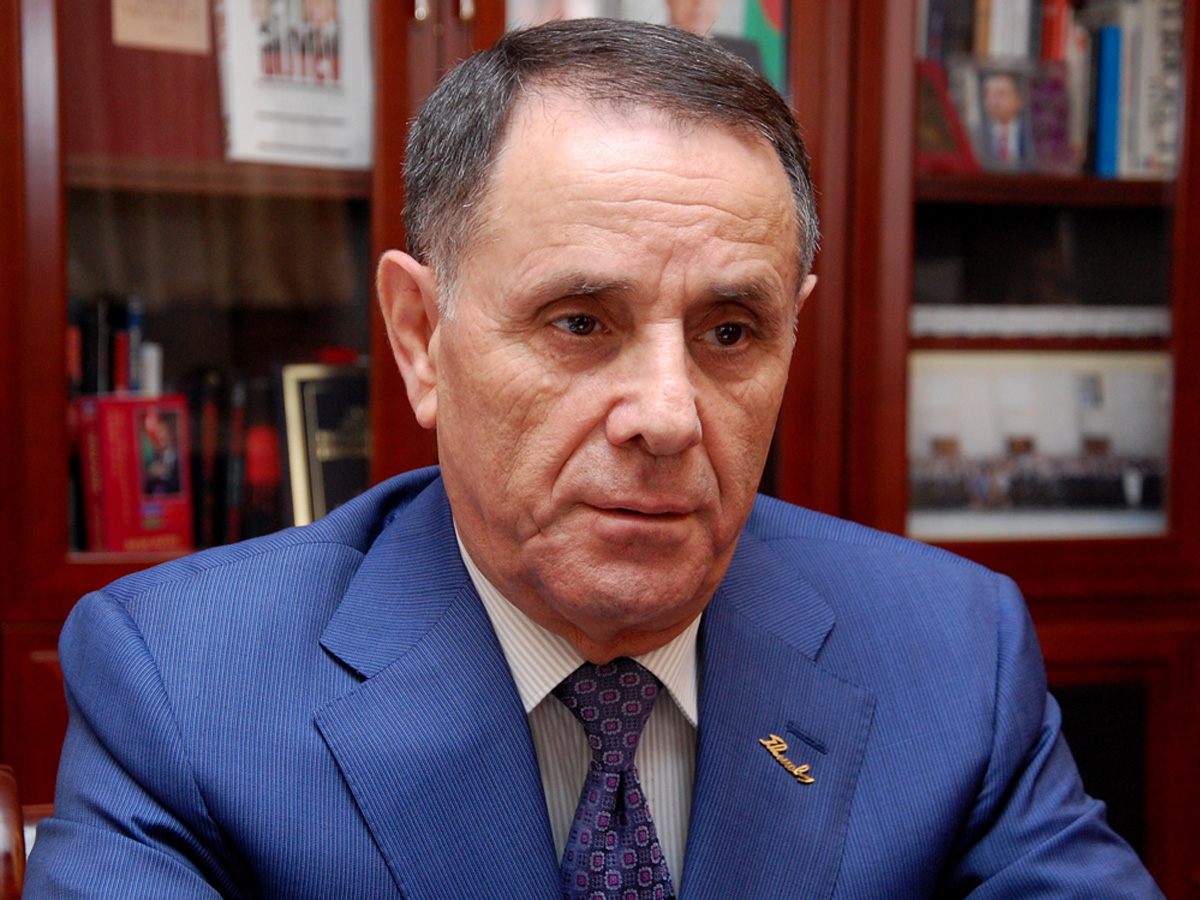Baku, Azerbaijan, June 2
By Seba Aghayeva - Trend:
Deputy head of the Azerbaijani presidential administration, chief of the administration's foreign relations department, Novruz Mammadov said that Armenia protracts Nagorno-Karabakh conflict's resolution.
He tweeted that in the past 20 years, application of the international law in the events unfolding on the international scene has become so rare.
"This is the very source of tensions observed in the world," he wrote. "The international law is nothing but words. Fascinating: Crimea, Abkhazia, Ossetia and Transnistria "leaders" are banned from obtaining European and USA visas. Yet separatist B. Saakyan easily receives his. What does that supposed to mean? Thus, the reason that Armenia protracts the conflict's resolution is being backed by the countries that ignore the international law."
Azerbaijan sent a protest note to France on May 20, following a visit of the head of the separatist regime of Nagorno-Karabakh to that country.
The spokesman of Azerbaijan's Foreign Ministry, Hikmat Hajiyev told Trend earlier that in connection with the May 17-18 visit to France by the representatives of the separatist regime of Nagorno-Karabakh, Azerbaijani Deputy Foreign Minister Khalaf Khalafov summoned the French Ambassador to Azerbaijan Pascal Monnier to the ministry, where he was handed a note.
Khalafov at the meeting also said that participation of the members of the French Senate as "observers" at the "parliamentary" election held May 3 by the so-called regime of Nagorno-Karabakh, contradict the spirit of developing friendly and partnership relations between the two countries, and don't correspond to France's mandate of the OSCE Minsk Group co-chair and harm the settlement of the Armenian-Azerbaijani conflict, the ministry said earlier.
The conflict between the two South Caucasus countries began in 1988 when Armenia made territorial claims against Azerbaijan. As a result of the ensuing war, in 1992 Armenian armed forces occupied 20 percent of Azerbaijan, including the Nagorno-Karabakh region and seven surrounding districts.
The two countries signed a ceasefire agreement in 1994. The co-chairs of the OSCE Minsk Group, Russia, France and the US are currently holding peace negotiations. Armenia has not yet implemented the UN Security Council's four resolutions on the liberation of the Nagorno-Karabakh and the surrounding regions.
follow the author on Twitter: @Asebaa






